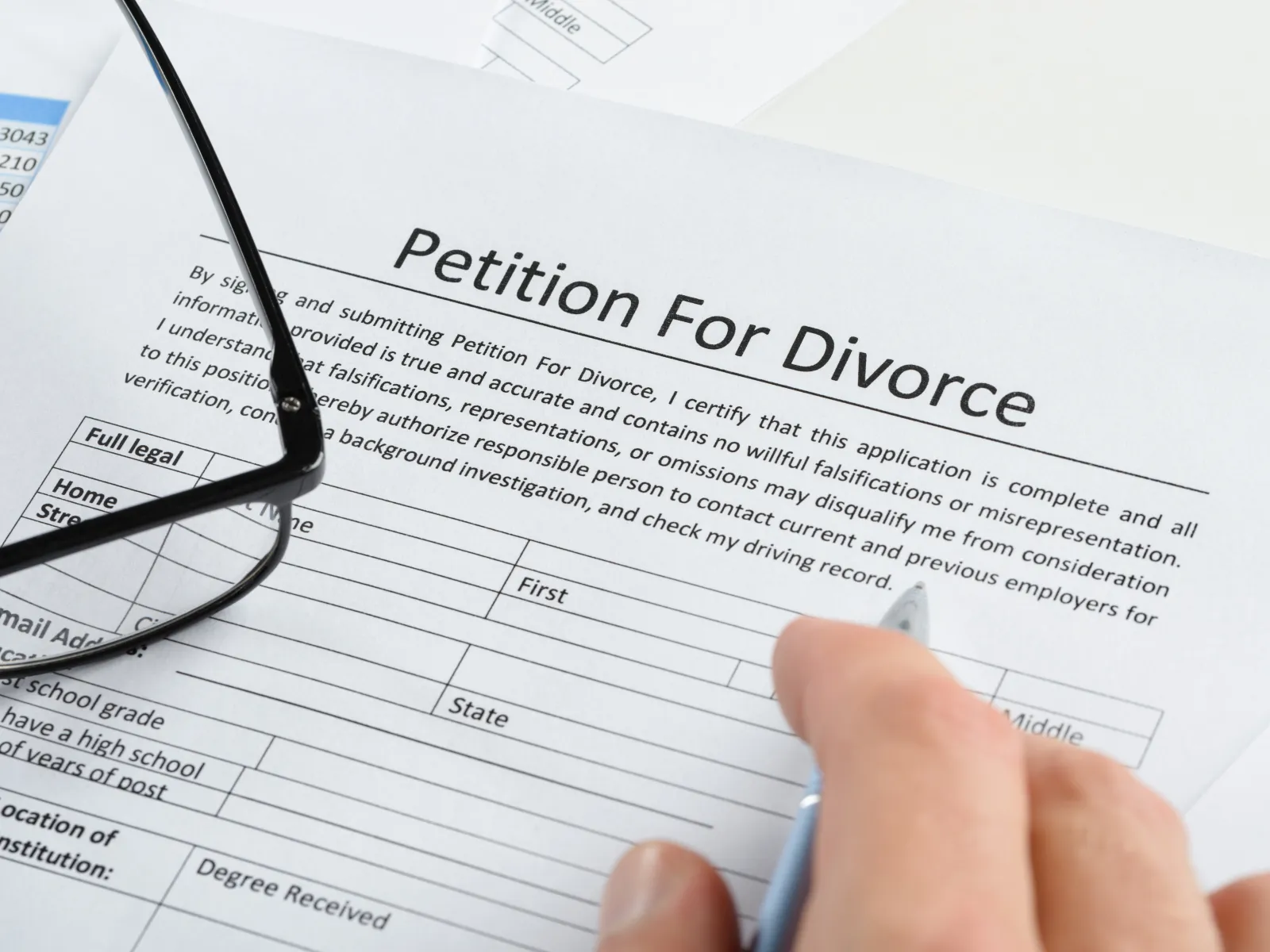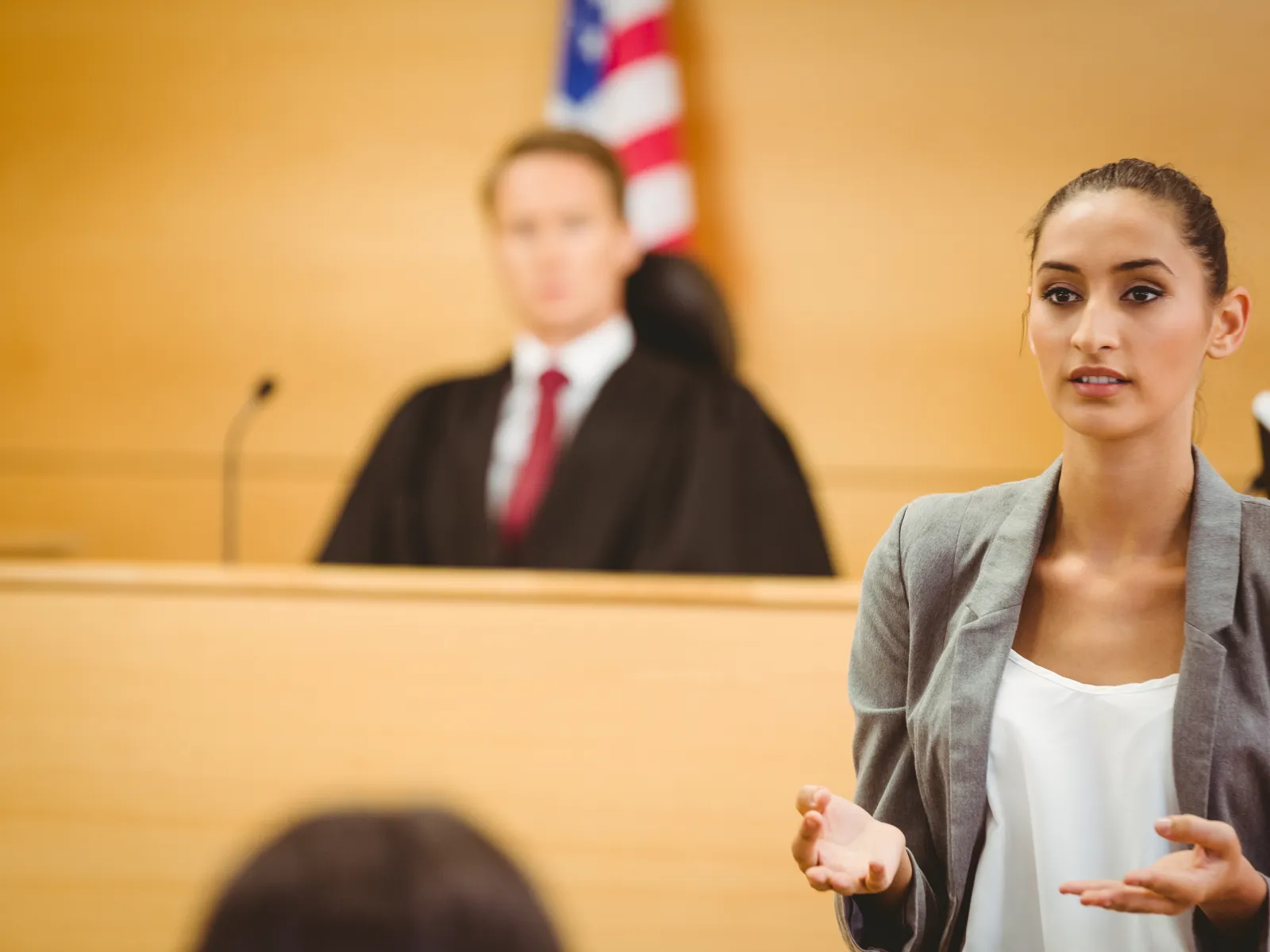Georgia Divorce Process
Starting the Divorce Process in Georgia step by step

How does the Divorce Process Work in Georgia?
Georgia divorce can seem daunting and taking the first step can be difficult. The divorce process can be long, complex, and confusing, but it doesn't have to be. Arming yourself with the knowledge of how the divorce process works in Georgia will ease your anxiety and help prepare you so that you know what to expect when the time comes. The divorce process in Georgia at it's basic level is simple:
- One party files a complaint for divorce & the opposing party responds with an answer.
- The parties will conduct discovery and gather evidence.
- The parties will have temporary hearings if necessary and attempt mediation or settlement.
- If settlement is not possible, the parties will go to a divorce final trial/hearing.
Understand the Typical Divorce Process
The Divorce Process: Step By Step

Initial Steps - Filing for Divorce
You must first determine if your divorce is contested (there are issues that the parties cannot agree on) or uncontested (the parties agree on how to resolve the divorce issues). The divorce process starts when one party files a "complaint for divorce" which is a legal document that explains to the court that a divorce is being sought. The opposing party will have 30 days to respond to the complaint with an "answer". Note that there is typically a filing fee (amount varies by county) that must be paid to the court when the initial complaint is filed.

Discovery & Gathering Evidence
Once the answer is filed and served, the discovery period will begin. Discovery is the process by which parties gather critical case relevant information and evidence from the opposing party. In a divorce or other domestic relations proceeding, discovery is conducted according to Georgia's Civil Practice Act. During the discovery period, the parties are permitted to send each other document requests and exchange different types of evidence.

Mediation & Settlement
Not every divorce cases ends with the parties arguing their case in a final trial. Most divorces settle before trial. In fact, many counties in Georgia require the parties to attempt mediation or settlement before coming to court. While there are several methods of alternative dispute resolution that lead to settlement, mediation is probably one of the most common methods. In mediation, a third party neutral will help guide both sides to a mutually agreeable settlement of their divorce.

Divorce Final Trial
The divorce final trial is the final step in your divorce. If both parties cannot agree on how to settle the issues in their divorce they will be required to go to court for a final trial on the contested issues in front a judge. At trial, both parties will have opportunities to make opening statements, present evidence, call witnesses, cross examine the other side's evidence and witnesses, and make a final closing statement. After the closing statements are done, the judge will enter a verdict and final decree of divorce.
We Are Your Source for Georgia Divorce
With a huge library of resources that covers every aspect of divorce from start to finish...

Trial Procedures
At trial, each party is given the opportunity to present his or her evidence and witnesses to the judge or jury presiding over the matter. While many people are familiar with the concept of trial and its purpose, they may not know specifics of what exactly to expect on their day in court. Be sure to show up on time, dress appropriately and treat the judge with respect by using "your honor" to address to them.
The Role of Your Georgia Divorce Attorney
Navigating a divorce can be an emotionally taxing and legally complex process. Having a knowledgeable Georgia divorce attorney by your side is crucial to ensure your rights are protected throughout the proceedings. An experienced attorney provides objective advice during a difficult time, helping you make informed decisions about your future.
A primary role of a divorce lawyer is to handle the division of assets and marital property. Georgia operates under an equitable distribution model, meaning assets are divided fairly, though not always equally. Your attorney will assist in identifying and valuing marital assets to negotiate a fair settlement. Furthermore, they will manage all legal documentation and represent you in court, which can significantly reduce the stress of the legal process.
When children are involved, a divorce attorney's guidance is invaluable. They will help navigate the sensitive issues of child custody, visitation rights, and child support, always prioritizing the child's best interests. An attorney can also act as a mediator between spouses, facilitating communication and helping to reach amicable resolutions.
Issues Related to Filing for Divorce

Does it Matter Who Files First?

Filing a Complaint for Divorce


 Download
Download 


